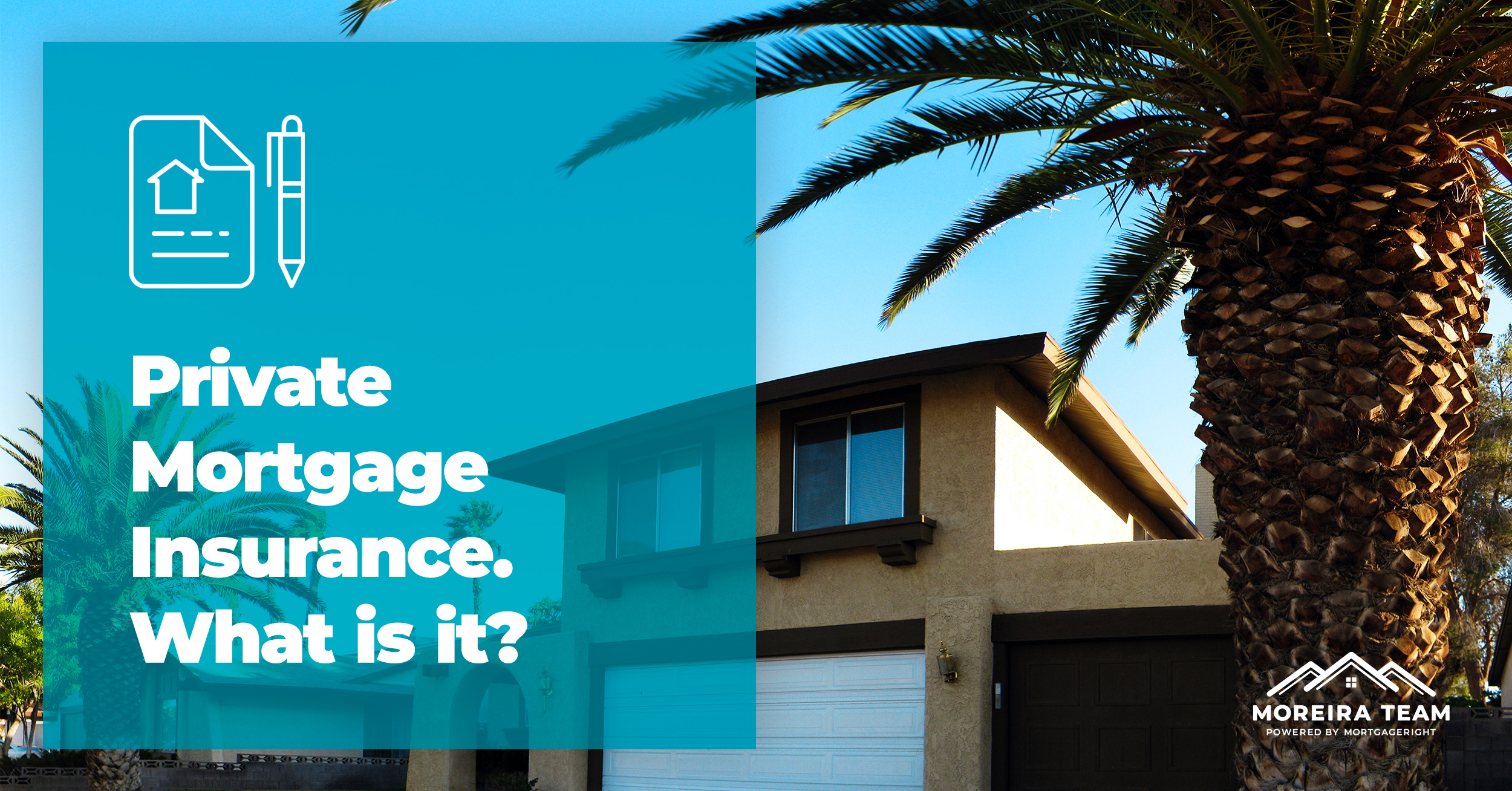
In this article
PMI stands for Private Mortgage Insurance or Insurer. These are privately-owned companies that provide mortgage insurance. They offer both standard and special affordable programs for home loan borrowers. If you are buying a home and plan on putting down less than 20% of the home’s appraised value, you will likely be required to have private mortgage insurance.
These companies provide guidelines to mortgage lenders that detail the types of home mortgage loans they will insure. Home lenders use these guidelines to determine borrower eligibility.
PMIs usually have stricter qualifying ratios and larger down payment requirements than the FHA but their premiums are often lower and they insure home mortgage loans that exceed the FHA limit.
How are Mortgage Insurance Rates Calculated?
Your private mortgage insurance rate will be calculated based on the following factors:
- Property location
- Down payment or loan to value
- Loan term
- Occupancy (Primary residence or 2nd home)
- Purchase or Refinance
- Credit score
Which Loan Products Require Private Mortgage Insurance?
Private Mortgage Insurance (PMI) applies to most conventional loans unless you go with an upfront lump payment option or Lender Paid Mortgage Insurance option. FHA loans guaranteed by the Federal Housing Administration have their own mortgage insurance with different requirements, while VA loans backed by Veterans Administration don’t require any monthly mortgage insurance despite allowing 0% down payments. Keep in mind VA loans are only eligible to active military member, veterans, and surviving spouses who can obtain a certificate of eligibility.
When Will You Expect to Stop Paying PMI?
Once your principal loan amount has reached 78% loan to value, your PMI will be automatically removed from your lowering your mortgage payment. This will also allow you to pay more towards your principal which translates into to paying your loan off sooner.


